RUNNING AND YOUR BODY
Regular aerobic exercise, such as running, has been resoundingly endorsed by global research as a critical component of a healthy lifestyle. Which means, if you are a runner, you’re truly on track with those goals above. In fact, regular running has the potential to affect a whole range of functions within your different organs. This article will show you how it works in more depth. Let’s take a look at just a few of those body functions impacted by running.

Positive running effects on the body
Here are some of the key running benefits for body shape and general wellbeing:
1. You will have a healthier heart from running
Running is great for your heart. By running regularly, you lower your cholesterol and blood pressure levels, both of which are indicators of heart health. Running also helps you to lose or maintain weight. Being overweight puts a tremendous strain on your heart, so when you lighten the load, you reduce the stress on your body’s most important organ.
2. You will have a faster metabolism from running
Metabolism refers to the chemical process of burning calories. We all naturally have fast or slow metabolisms, which affect our body’s ability to burn calories or store them as fat. If you have a fast metabolic rate, you will burn more calories in a set time than you would if your metabolism were slower. The faster your metabolism, the less likely you are to accumulate fat. Running changes your body’s metabolism. The energy you expend while running helps you to increase the volume of calories burned. And the more intense the run, the longer your metabolism will stay ‘sped up’, even after your exercise is over.
3. You will have more energy from running
Ever wonder why you feel energised after a great run? It’s a combination of physical factors that boost our energy in both the short and long term. First, when we run, our hearts pump, and this enhanced blood flow delivers more oxygen to muscles all over our body. Second, regular running leads to better cardiovascular stamina and reduces the demand on the lungs, enabling our body to use energy more efficiently. Third, running can help us get better sleep and rest, which leads to more energy during the day.
4. You will have stronger legs from running
Ever noticed a runner’s legs and seen how clearly defined the muscles are? When we run, we use all the muscles in our legs, big and small. If you are new to running, you might be surprised by how quickly you start to develop lean muscle in your legs and the speed at which you build endurance. It should be noted that if you are looking to add mass to your leg muscles, you should include weight training in your exercise routine and eat protein.
5. Your mind will become stronger from running
Another physical benefit of running is the effect on your brain. Not only will running keep you physically fit but it will also improve your cognitive abilities. According to , a charity, numerous studies prove that regular exercise such as running can improve your memory and protect against future cognitive conditions, like dementia and Alzheimer’s disease. Running also increases the serotonin levels in your brain, fighting stress and generating a more positive way of looking at the world.
6. You’ll lose weight with your running body
One of the greatest benefits of running is that it helps you lose weight and body fat. Losing weight is fundamentally about using more calories than you consume. When you exercise, your body uses more calories than usual, so you will have a calorie deficit – over time that will mean you shed pounds as your body uses its own fat stores to provide energy instead.
7. You will get stronger bones too
It is well established that when you put stress on your bones, they become stronger and denser. That makes it less likely you’ll have injuries and makes your body more resilient.
8. You will notice various mental health benefits
Beyond what running does to your body, exercise also has a huge range of mental health benefits. Numerous have established that running can help tackle depression, anxiety and other mood disorders. More generally it can help reduce feelings of stress, and also lead to better sleep.

Is running bad for you? Risks to be aware of
While developing a fit runner’s body is seen as a benefit for most, sometimes the effects of running on the body can go further than you might wish. Generally speaking, you can avoid most running body problems by resting enough, avoiding over-exertion and eating well.
1. Your muscle mass could reduce by running
This can be seen as a positive or a negative, depending on your goals. When we run, our body’s instincts kick in and it starts trying to rid itself of any unnecessary weight that might slow it down, and this includes muscle.
If you are running as part of a plan to lose fat while retaining muscle, then it’s important for you to consume sufficient protein to guard against the risk of muscle loss. Also, (HIIT) is a good way to train (i.e., shorter bursts such as sprints) to bring about fat loss without losing muscle.
2. Your chest could sag from running
For women, running can result in sagging breasts if you don’t wear the correct type of bra. No matter your size, choose a when you run to give your chest the right support, increase your comfort levels and reduce any chance of sagging.
3. You could experience knee pain from running
While the idea that running will damage your knees is largely a myth, it is important to take measures to reduce your chances of developing sore knees from your efforts. Build up your leg muscles, wear the and maybe even opt for knee support in the form of straps or kneepads.
4. Your toenails could go black from running
If you are increasing the amount of running you do, you could get a runner’s toenail, which is typically when the big nail of your toe goes black. While this is usually harmless, it can be unsightly. A runner’s toenail is mainly caused by microtrauma from wearing socks or shoes that are too tight. If your get black toenails, it might be time to invest in some new or .
5. You could get blisters from running
Blisters are caused by friction when the skin on your feet rubs against your socks or shoes, and it’s more likely when your feet are hot or damp. To avoid getting blisters from running, you should choose specially designed running socks, and ensure your running shoes fit correctly. It’s also worth choosing running shoes with breathable mesh uppers, which can reduce the tendency for feet to get hot and sweaty.
6. Your legs could twitch as you lie in bed on a running day
7. you could get a stitch from running
A stitch is a painful sensation that some people get in their stomach area when they exercise. It normally stops immediately if you stop running. To , drink less water a couple of hours before your run, warm up correctly, and don’t eat much food before running.
8. Your nose might run more from running
Many runners notice they get a runny nose from their sport. It’s not exactly known why this happens, but Runner’s World magazine it could be due to with air pollution that runners are exposed to when pounding the streets.
9. You might need to go to the bathroom suddenly while running
When you’re running, your bowels jiggle around. This can sometimes cause what is known as “runner’s trots” – a sudden need to relieve yourself. It can be uncomfortable and embarrassing. To avoid this, make sure you leave at least three hours to digest your food before going for a run, avoid overly spicy or fibrous foods, and avoid caffeine.
10. Your thighs may start itching a few minutes into a run
Some people get “runner’s itch”, which makes the skin in certain parts of your body (thighs are a common hotspot) feel itchy. When you run, your veins expand, which causes this strange sensation.
11. Your knees might crackle as you walk down the stairs
Sometimes, running can make our bodies behave in strange ways. One common side effect is that you could hear crackling or popping noises when walking down the stairs, squatting, or standing up from a chair. Although this can be disconcerting, it’s rarely a cause for concern, according to . However, if you also notice pain, then you should see a doctor.
12. You might get headaches during, or after, your run
Some runners get headaches during or after the exercise. There are various theories about why this might be, including dehydration, or the dilation of blood vessels inside your skull.
Running is a brilliant way to exercise. It’s low cost, convenient, you can do it almost anywhere, and everyone - from running veterans to those just taking their first steps - can start reaping the rewards almost immediately.

Takeaways
Running is one of the most accessible and effective ways to boost your physical and mental health. Even just a few minutes each day can strengthen your heart, improve your sleep and mood, and help you maintain a healthy weight. If you’re new to running, it’s a good idea to talk to your doctor before lacing up. Just remember to start slow, rest when you need to, and celebrate every stride.




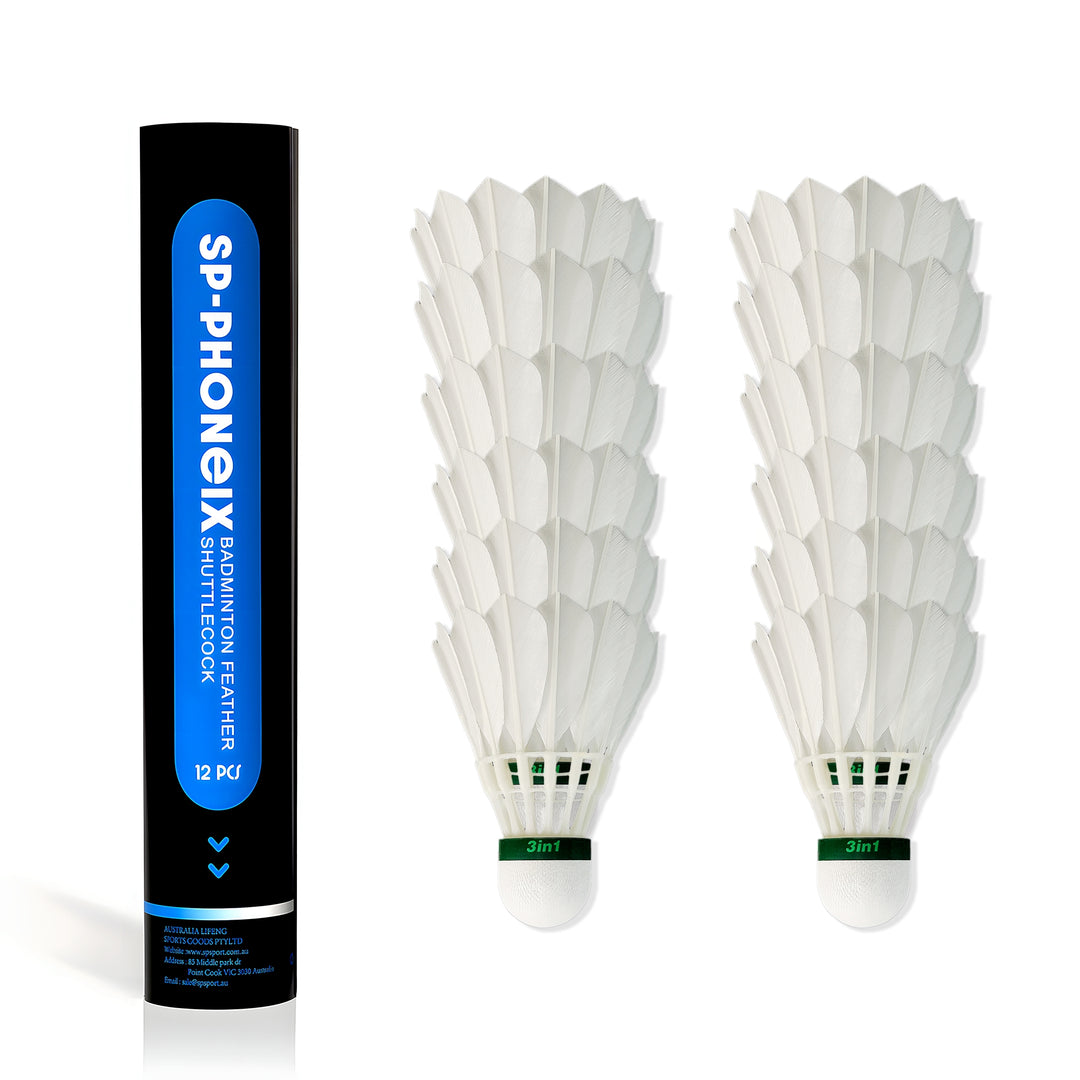

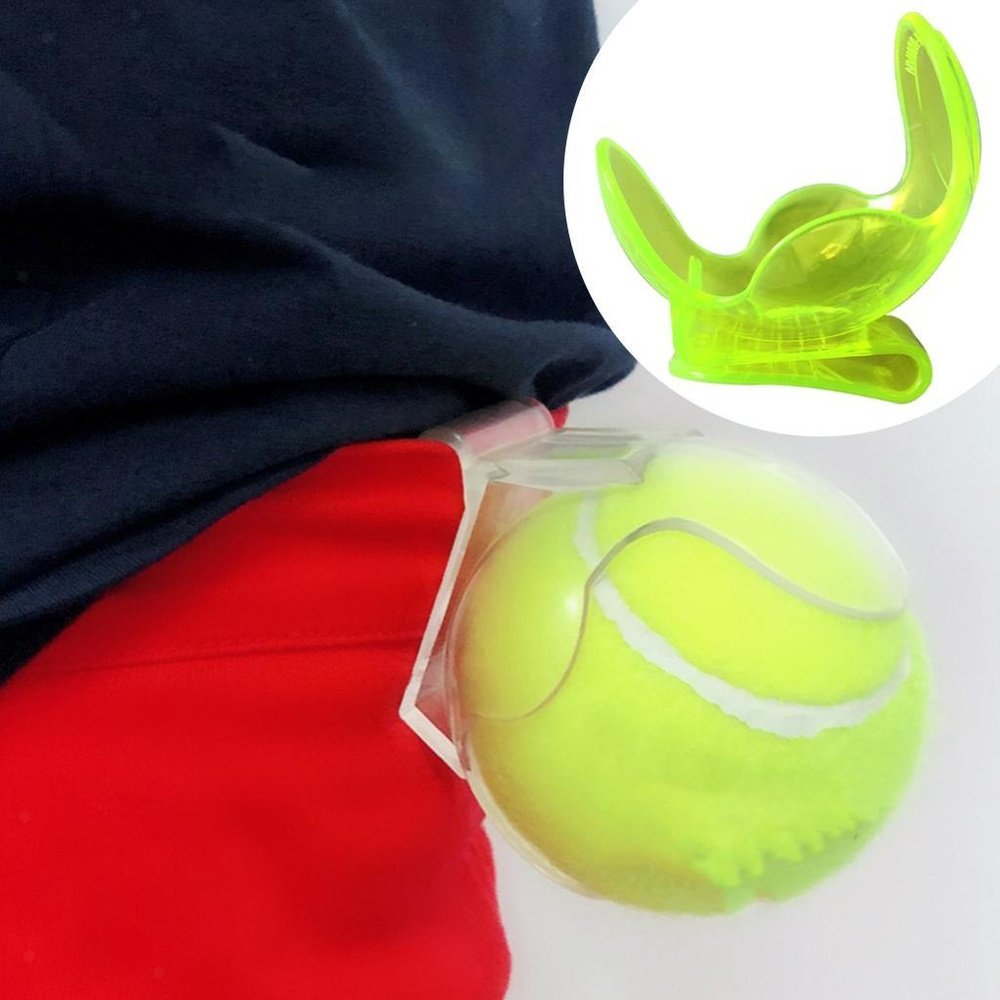
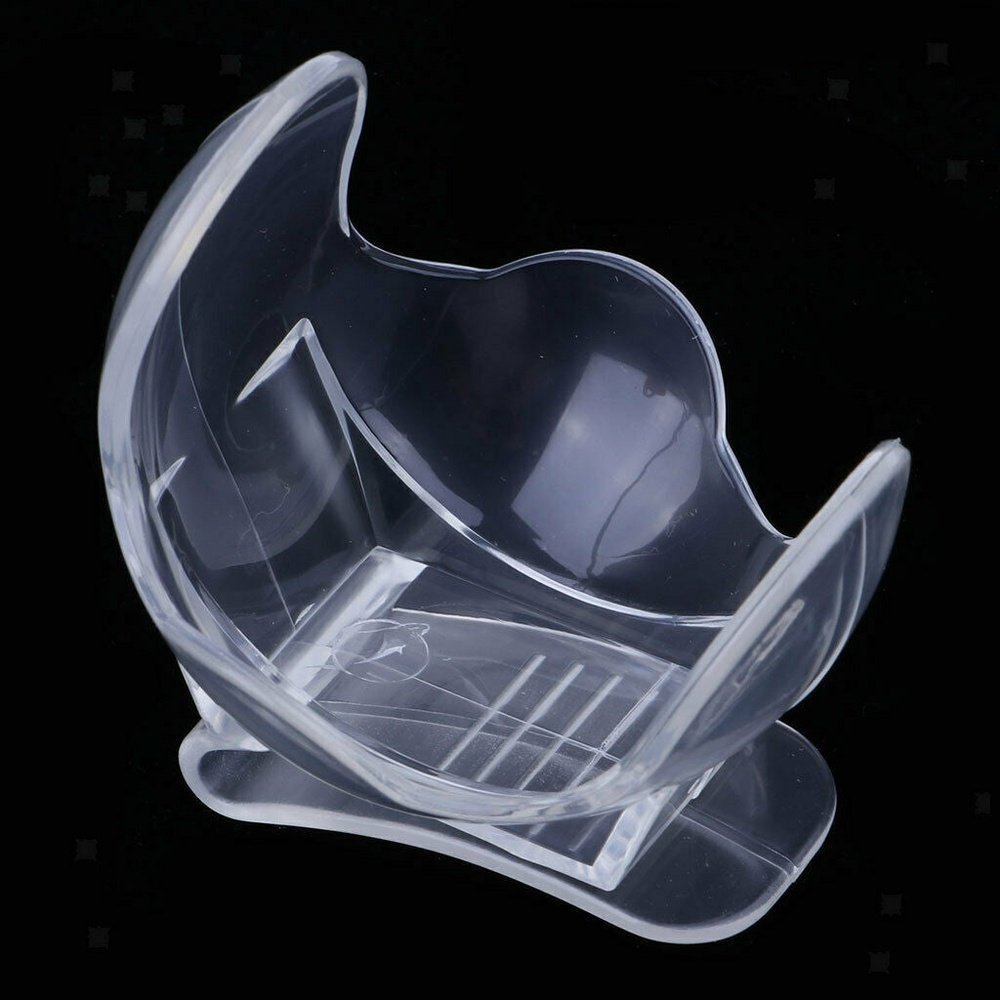
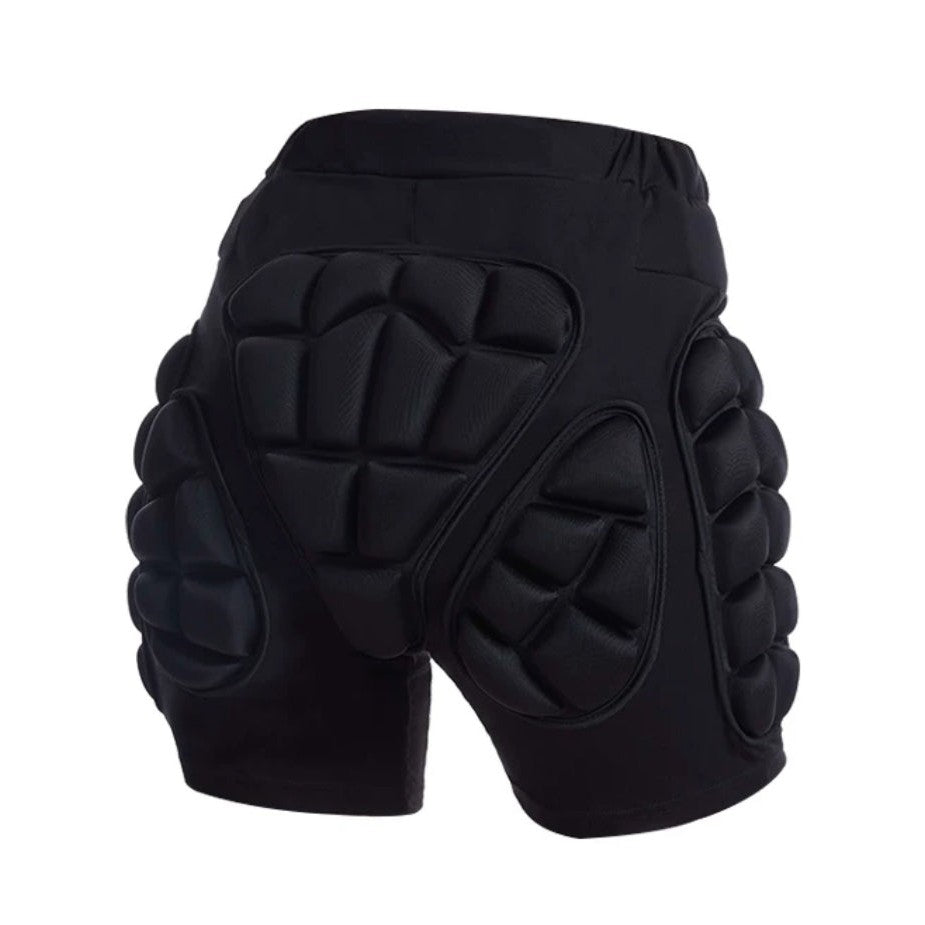
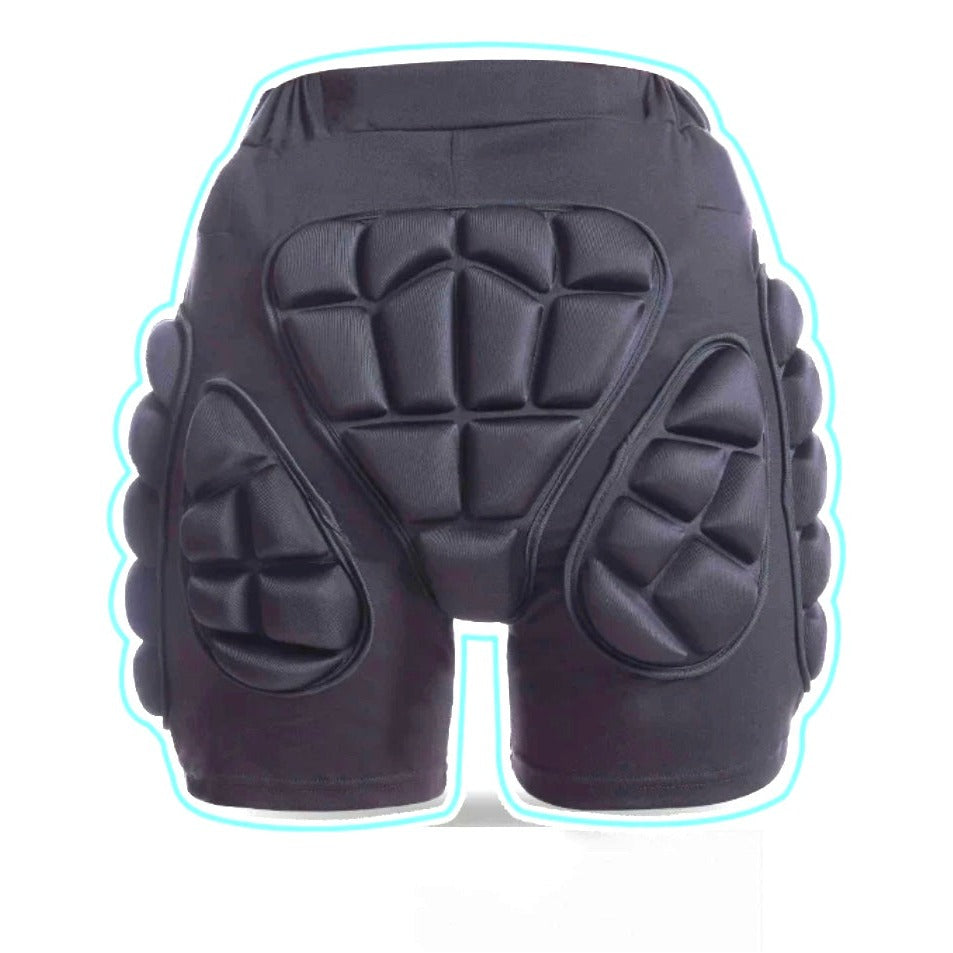





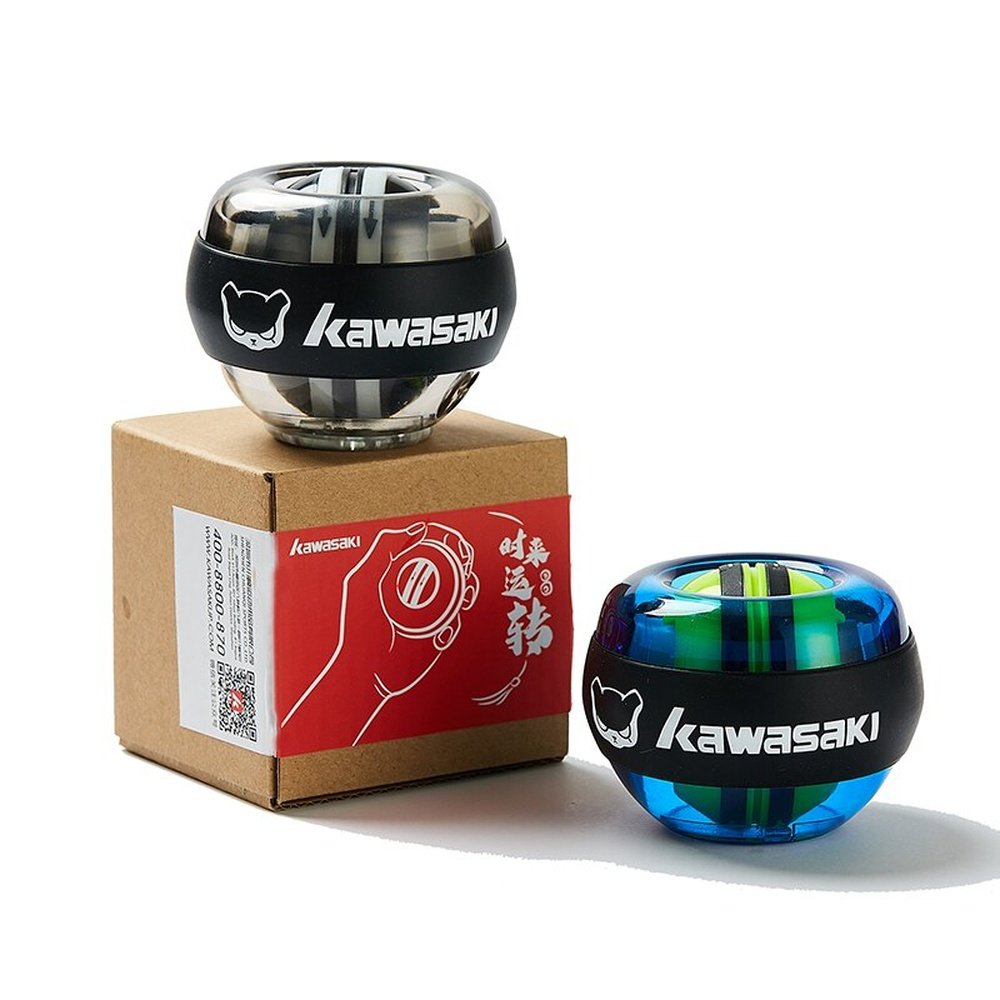

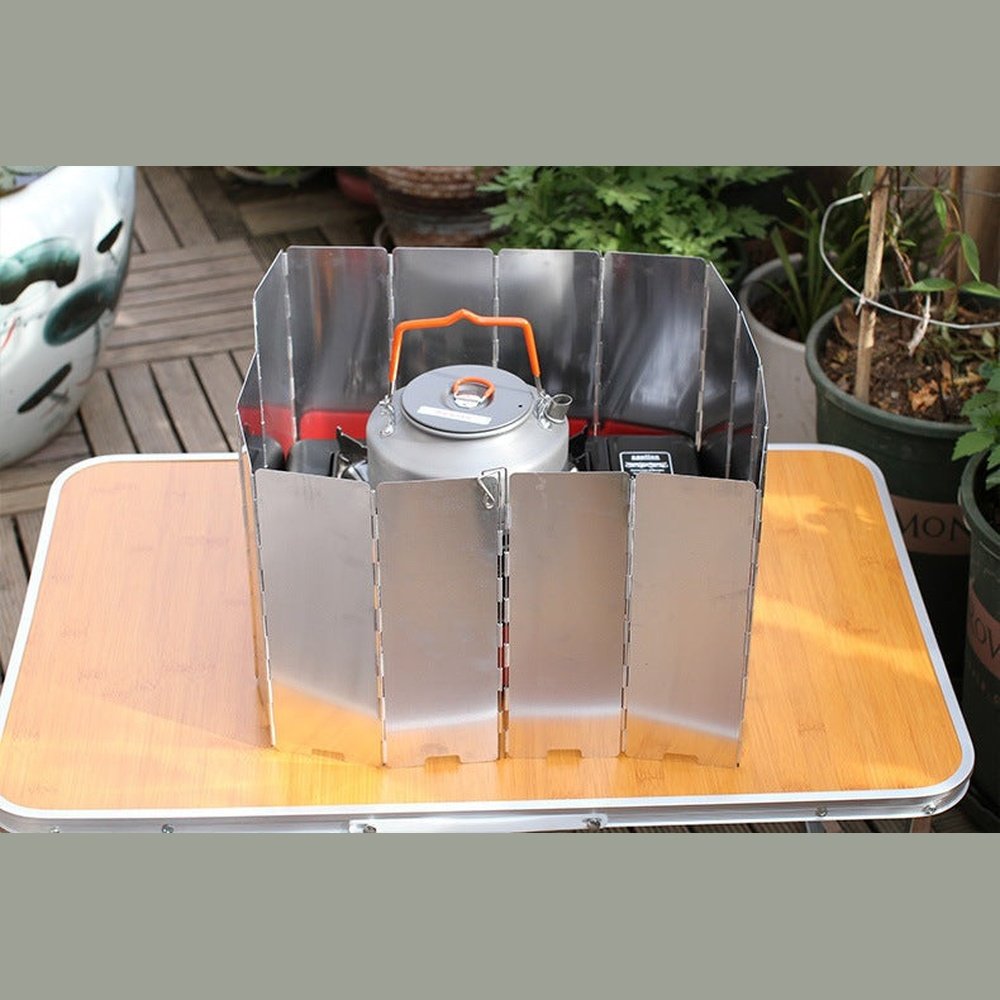

Leave a comment